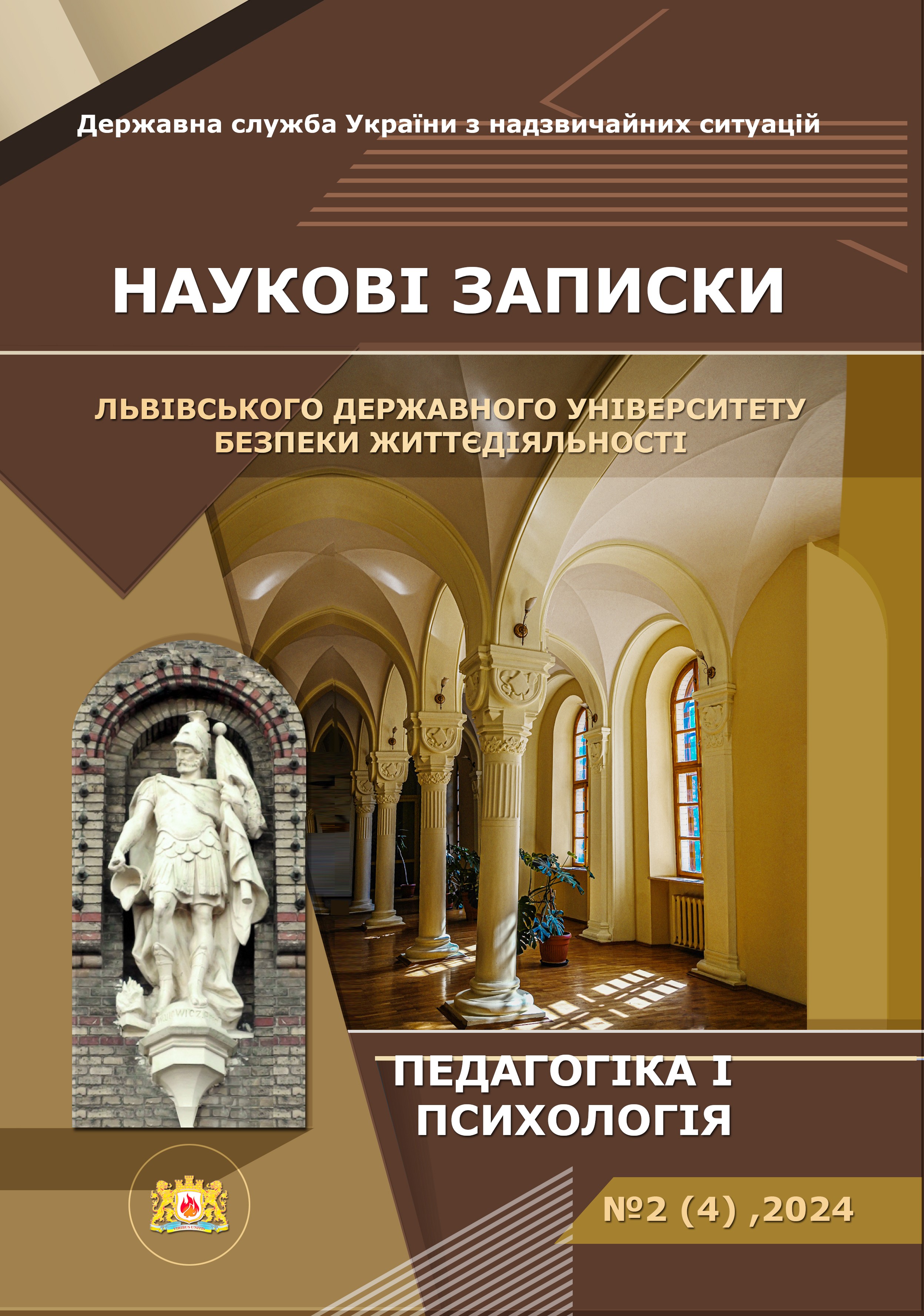КОМПОНЕНТНИЙ СКЛАД ГОТОВНОСТІ МАЙБУТНІХ ФАХІВЦІВ ІЗ ФІЗИЧНОЇ РЕАБІЛІТАЦІЇ ДО ФОРМУВАННЯ ЗДОРОВ’ЯЗБЕРІГАЮЧОГО ОСВІТНЬОГО СЕРЕДОВИЩА
Анотація
Епоха глобального погіршення стану здоров’я населення України посилює потребу у відродженні природних підходів до вирішення проблем здоров’я, зростання попиту на послуги фізичної реабілітації зумовлює потребу у кваліфікованих фахівцях, здатних розробляти та застосовувати новітні комплексні оздоровчо-реабілітаційні технології відновлення, зміцнення та збереження здоров’я різних соціально-демографічних груп населення. Важливим результатом професійної підготовки майбутніх фахівців з фізичної реабілітації до формування здоров’язберігаючого освітнього середовища є готовність здобувачів до здійснення здоров’язберігаючої діяльності. Це визначається багатьма факторами, найважливішими з яких є система методів і цілей, наявність професійних знань і вмінь, а також безпосередня спрямованість майбутнього фахівця з фізичної реабілітації на професійну діяльність, у процесі якої найактивніше формуються потреби, інтереси та мотиви до здобуття істотних, значущих і сучасних знань і вмінь. Одним із найскладніших завдань вивчення готовності до професійної діяльності є виявлення її основних компонентів, іншими словами, її структури. Метою даної статті є визначення компонентного складу готовності майбутніх фахівців з фізичної реабілітації до формування здоров’язбережувального освітнього середовища. Методологія. Систематизація та вивчення наукових публікацій, аналіз наукової та навчально-методичної літератури, Інтернет-джерел, розкриття основних визначень досліджуваної проблеми, узагальнення та висновки. Наукова новизна нашого дослідження полягає в тому, що в структурі професійної підготовки майбутніх фахівців з фізичної реабілітації до формування здоров’язбережувального освітнього середовища ми виділяємо мотиваційно-ціннісний, когнітивний, операційно-діяльнісний та рефлексивний компоненти. При визначенні критеріїв сформованості здоров’язбережувального освітнього середовища як світоглядної орієнтації майбутніх фахівців з фізичної реабілітації було обрано: стимулювально-регулятивний (ціннісний) критерій за мотиваційно-ціннісним компонентом, когнітивно-дієвий (гносеологічний) критерій за когнітивним компонентом, здоров’язбережувальний (організаційно-конструктивний) критерій за операційно-діяльнісним компонентом та особистісно-рефлексивний (оцінно- рефлексивний) критерій за рефлексивним компонентом. Для кожного критерію визначено низку показників та рівнів професійної підготовки майбутніх фахівців з фізичної реабілітації до формування здоров’язбережувального освітнього середовища: високий (особистісно-усвідомлювальний), достатній (настановчо-дієвий), середній (реконструктивний), низький (ознайомлювальний). Висновки. Автор статті приходить до висновку, що готовність майбутнього фахівця з фізичної реабілітації до формування здоров’язбережувального освітнього середовища є результатом професійної підготовки здобувача вищої освіти до ролі керівника, координатора та організатора здоров’язбережувального процесу у закладі освіти, який виражається у здатності сформувати здоров’язбережувальне освітнє середовище для учасників освітнього процесу в здоров’язбережувальному освітньому просторі вишу.






